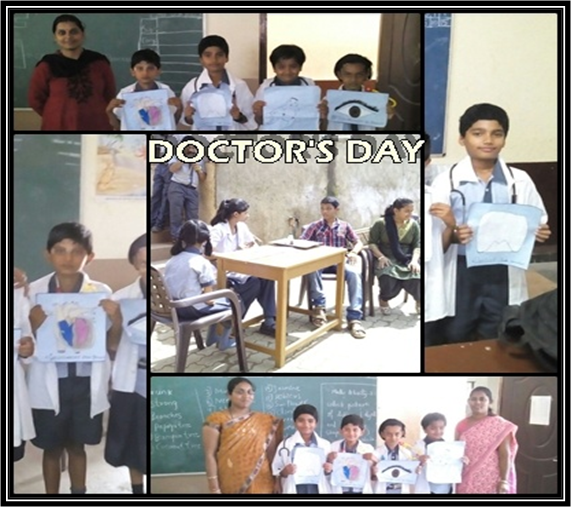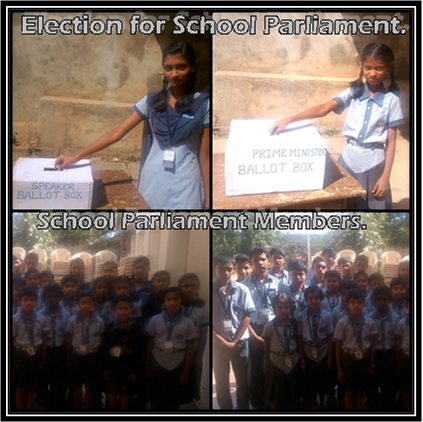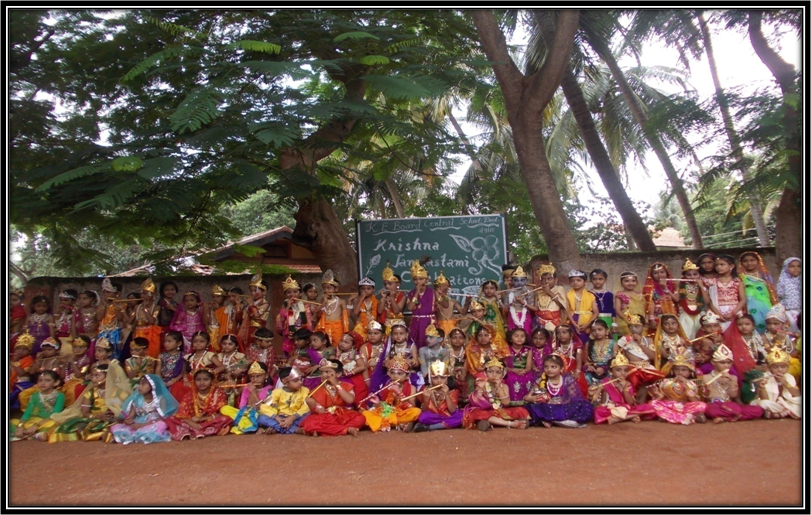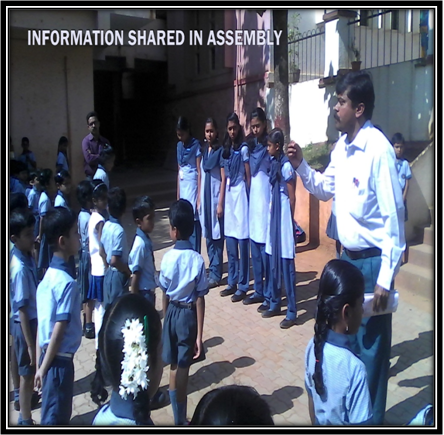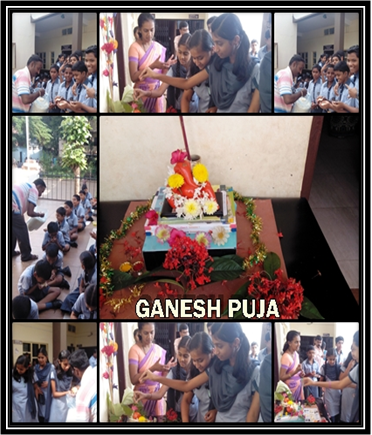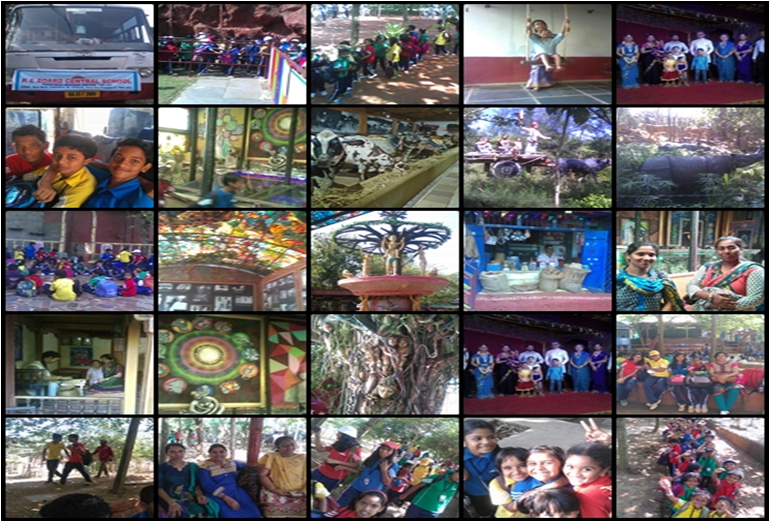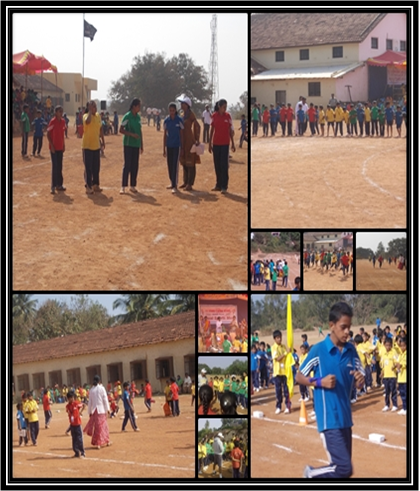Curriculum
If an individual's personality is visualized at its core with the strength of confidence and stability of character the expression of the person's creative potential improves their knowledge, skills and aptitudes. When he is stable to balance it! Creativity, technology, lifestyles change with time, but character are timeless. However beautiful the personality may be, without the strength of character it would just crumble to pieces!
Diya is sensitive to the demands of child. If a child lives with recognition, it learns to have a goal and if it lives with encouragement, the child grows up to be a confident person. We do value individual child’s ability - be it Linguistic or Naturalistic or Kinesthetic (physical) or Artistic and so on.
The Curriculum has been designed to enhance creative and critical thinking abilities , interpersonal and mutual proficiencies, communication skills and media information skills. The Students are assessed on the basis of CCE (Continuous and Comprehensive Evaluation) system recently introduced by CBSE. The evaluation is focused on testing the overall performance of the students. This Curriculum leads to a stress free skill oriented student’s friendly approach. CCE helps in improving student’s performance by identifying his/her learning difficulties at regular time intervals right from the beginning of the academic session and employing suitable remedial measures for enhancing their learning performance.
The scheme of continuous and comprehensive evaluation has inbuilt flexibility for schools to plan their own academic schedules as per specified guidelines on CCE. The academic year consists of two terms from April – Sep and Oct – March. Each term will have TWO Formative Assessments and ONE Summative Assessment.
The CCE enables students to learn at their own pace. For CCE to be effective regular attendance of the students becomes mandatory, since the formative assessment (FA) will be conducted round the year. The FAs can be in the form of quizzes, class projects, paper presentation, power point presentation, puppetry, chart work, models etc. The Co-scholastic areas are assessed in two parts. They are Life Skills, Attitudes and Values. Life Skills consist of Thinking Skills, Social Skills and Emotional Skills. Due credit is given for attitudes and values. This will help enhance credits in scholastic areas. Sports and Yoga are given equal importance along with Academics. Club activities contribute vitally to the overall development of a child.
The pedagogy is built on proven methods and addresses holistic development of children. Classroom learning brings with it state-of-the-art learning equipment and digital technology aids. Students at DIYA are also entrusted with research oriented and practical study, as well.
Parents play a vital role in the successful implementation of the CCE. They must understand that healthy competition is necessary for a child’s growth and not unhealthy comparison. Pressurizing the children to perform better beyond their capabilities is not the aim of CCE. Multiple intelligence comes into focus through CCE, enabling students to emerge as holistic individuals.
The main objective is to prepare students for a rewarding future both in terms of academic excellence and personal discipline, a combination that inspires every student to excel in her or his profession as well as to be a useful citizen capable of contributing to the progress of our country.
The teaching methodology is centred around the "Learning By Doing" concept and practice that imparts a high degree of confidence in every student. The values and traditions so unique to India form part of education and at the same time, exposes the students to the latest developments in Western thinking and practices, so that, at the end , the student becomes a 'world citizen' in attitude, abilities and aspirations.
Above all, the teachers and staff of DIYA are trained to be student-friendly, creating an atmosphere of mutual trust and respect.
Intellectual Activities
Motivate children to critically question existing beliefs, identify new problems that need creative solutions and develop intuitive insights into unfathomable phenomena.
Activities
- Live observation
- Quiz
- Reading and recitation skills
- Current Affairs
- Multimedia Learning
- Computer-aided Classes
- Projects and Surveys
- Workshops
- Field Studies
- Group Discussion
Creative and Communication Skills
- Debates
- Abacus and Mental Math Training
- Spelling Bee and Word-building Games
- Laboratory Practical
- Creation of Working Models and Scientific Exhibits

